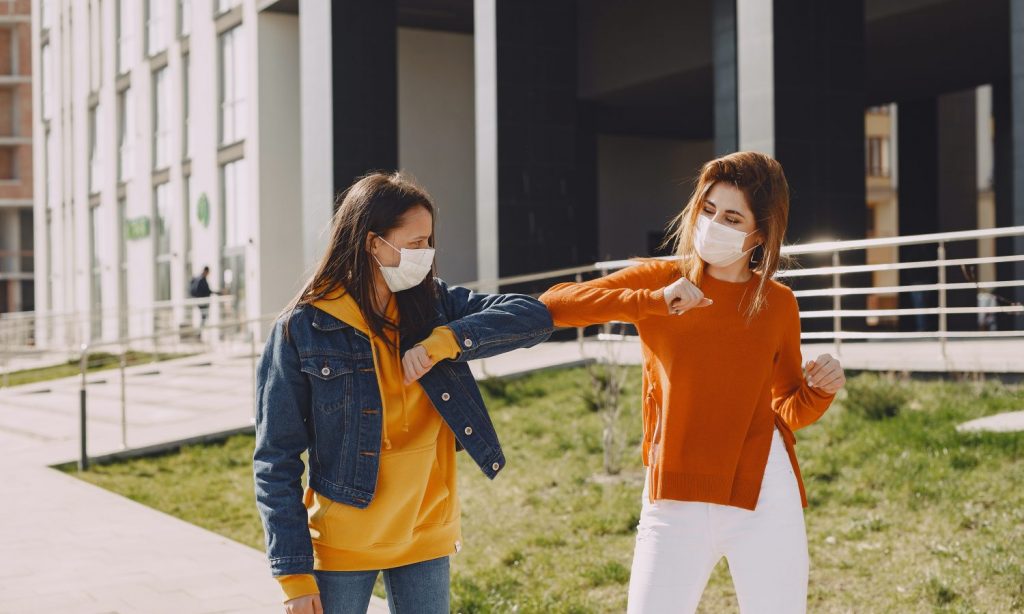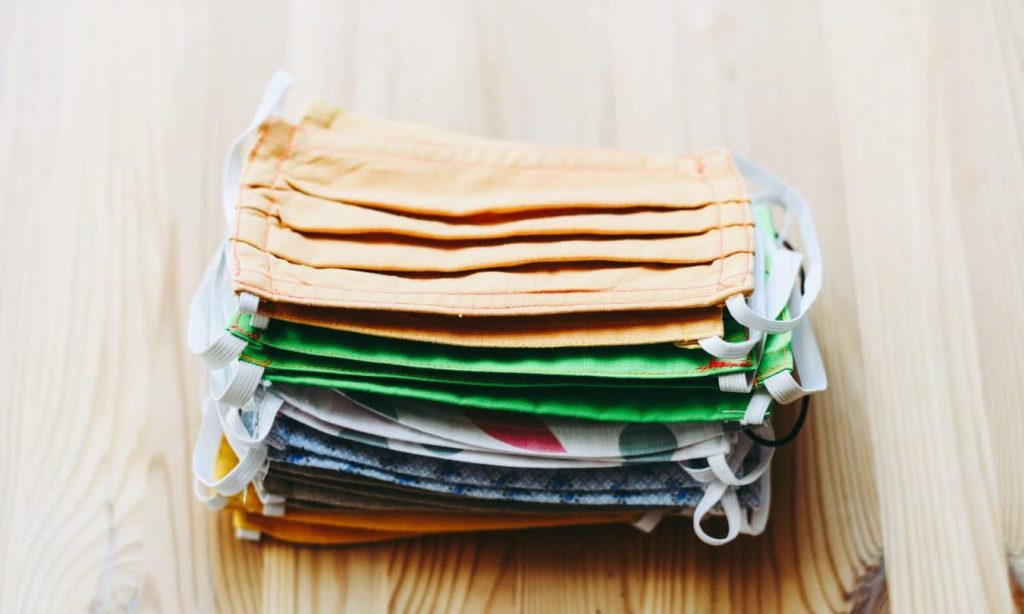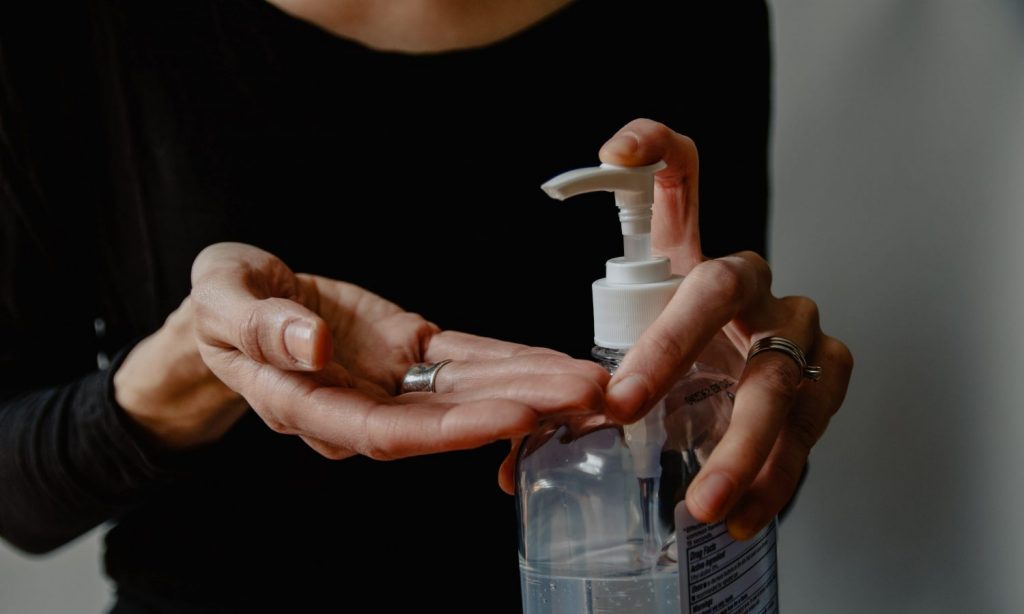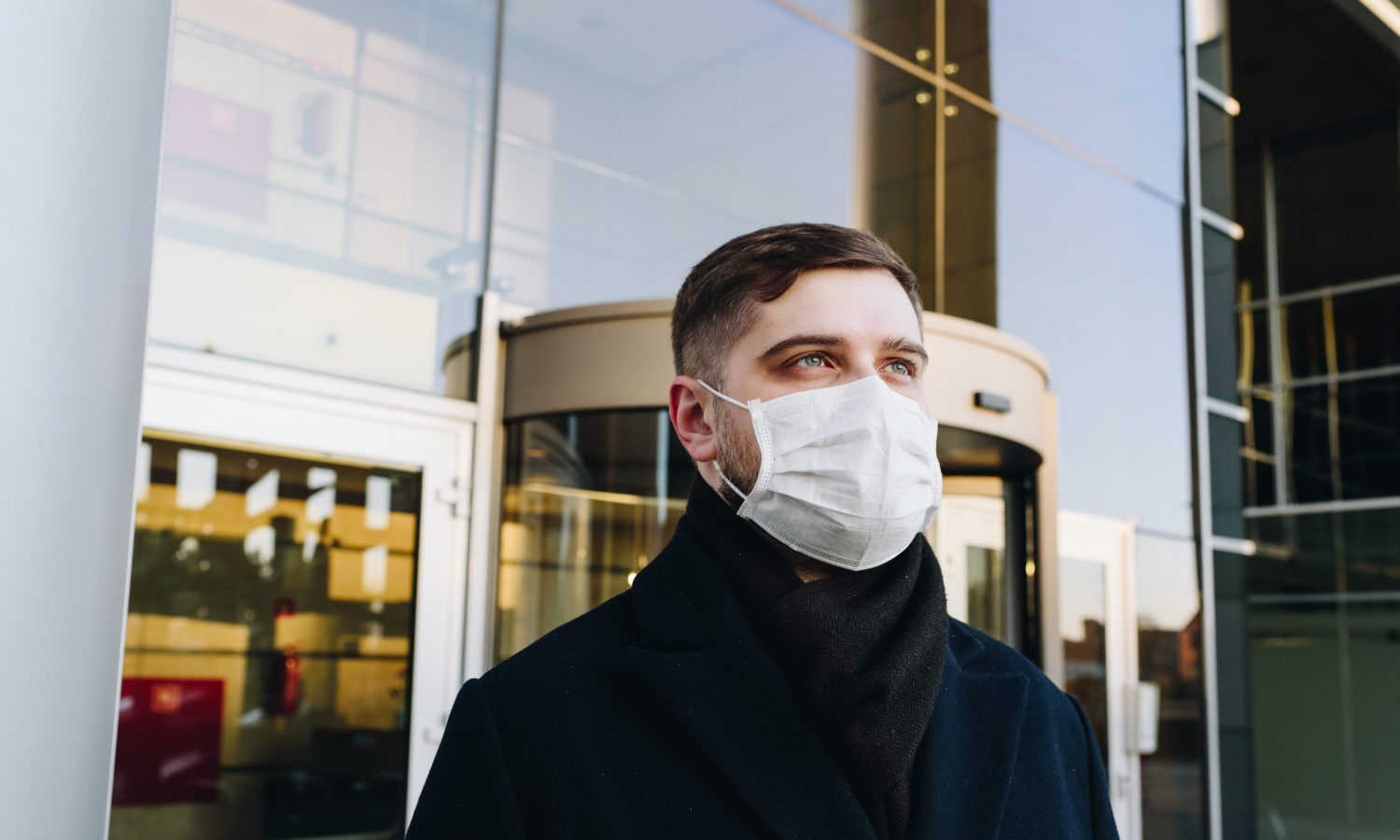Pump yourself up to be more diligent with your hand washing and face mask wearing if you’ve grown lax over the past couple of weeks because of pandemic fatigue.
New variants of the COVID-19 virus are emerging, causing concern due to how easily transmissible they are. The B.1.1.7 variant, first identified in Britain, is estimated to infect 50% more people than the standard version of COVID-19.
While it’s believed that the vaccine will work with all forms of the virus, these new strains have caused some stress for medical experts, who are asking for people to double up on security measures in order to avoid contamination.
Here are a few things you should know in order to protect yourself from these new variants:
It’s still the same virus

Firstly, while the variants are concerning, there’s no reason to enter panic mode. The virus remains the same, with experts being relatively sure that the vaccine will be able to treat it. Since it’s the same virus, the measures you’ve been taking to protect yourself against it should still work.
Pump yourself up to be more diligent with your hand washing and face mask wearing if you’ve grown lax over the past couple of weeks because of pandemic fatigue. It’s understandable, but these problems are here to stay for the long run, so it’s important to care for yours and other people’s well being.
Should you be wearing two masks?

RELATED: Pharmacies Will Start Offering COVID-19 Vaccines — Here’s How It’ll Work
A lot has been said over double masks, with the CDC advising the use of a surgical mask and a cloth one on top. While the perks of double masking are up for debate, months of data have concluded that what’s most important is the use of a good mask, one that’s in good shape, that fits snugly and is made of flexible material. This way, your mask will adapt to the divots and shape of your face, while also covering your chin and nose.
Other things you can do to reduce risk

RELATED: Here’s When You Can Expect Vaccine Passports
Aside from diligent face mask wearing, keeping your distance from others and frequent hand washing, you need to think about your biggest sources of risks. Do you go out frequently, on trips to the grocery store or pharmacy? Limit your outings as best as you can, only going to the grocery store once a week if possible, while wearing your best mask. Try shopping for necessities during times when the store isn’t crowded and limit the amount of time you spend there, reducing your exposure and levels of risk.


